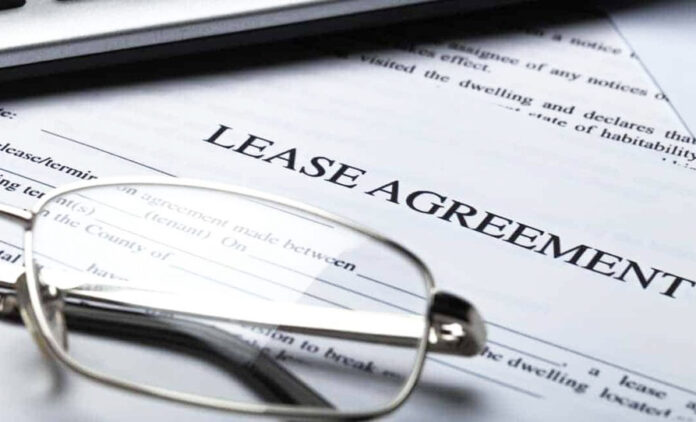
Q: My elderly granddad is trying to get his affairs in order. He bought his house in the 70s. He is worried now that there are various mentions of a lease in the documents, which is due to run out in the next 20 years. He says he has never paid rent, and is very surprised he doesn’t own the property outright. He cannot even recall who his solicitor was. He is really worried that our family is going to lose the property in the future, but he is not sure who to contact.
Dear Reader,
It is often the case that when a new property is built and sold, the purchase of the property is subject to certain rights and restrictions. They were and are commonly used in property transactions to enforce, say, restrictions on the use of a building, or extensions thereto or for various other reasons.
These were especially important prior to the Planning Acts. Such rights and restrictions continue to arise in the context of housing estates and apartments.
Up until relatively recently in Ireland, it was difficult to enforce such ‘covenants’ in relation to freehold property. It was therefore relatively commonplace that houses be sold subject to a ‘long’ lease.
These long leases were generally in effect for 999 years, although shorter periods were also used. Although it is a leasehold interest, you should not think of these leases as something like a rental for an apartment, where the landlord is entitled to inspect, raise rents, etc. They are much better thought of as a just a different way to ‘own’ a property.
It is likely that these long leases have a ‘ground rent’ payable. Often these are simply not collected. An annual rent of, say, £2 in 1890 may have been relatively substantial, but nowadays may not be financially sensible for the landlord or their successors to collect (if indeed such a person could be found).
It can be difficult to give you precise advice without having access to your grandfather’s specific title deeds. You are entitled to ‘buy out’ your ground rent and convert your ‘leasehold’ title into a ‘freehold’ title. The figure you might pay to the landlord is determined by the Tailte Eireann but is usually a multiple of your ‘ground rent’.
How you might go about doing this depends on a number of different factors, such as the date of the deed, the area in which the house is in, etc.
Your family should consider taking steps to remedy the situation at present, as there are only circa 20 years left to run on the lease.


